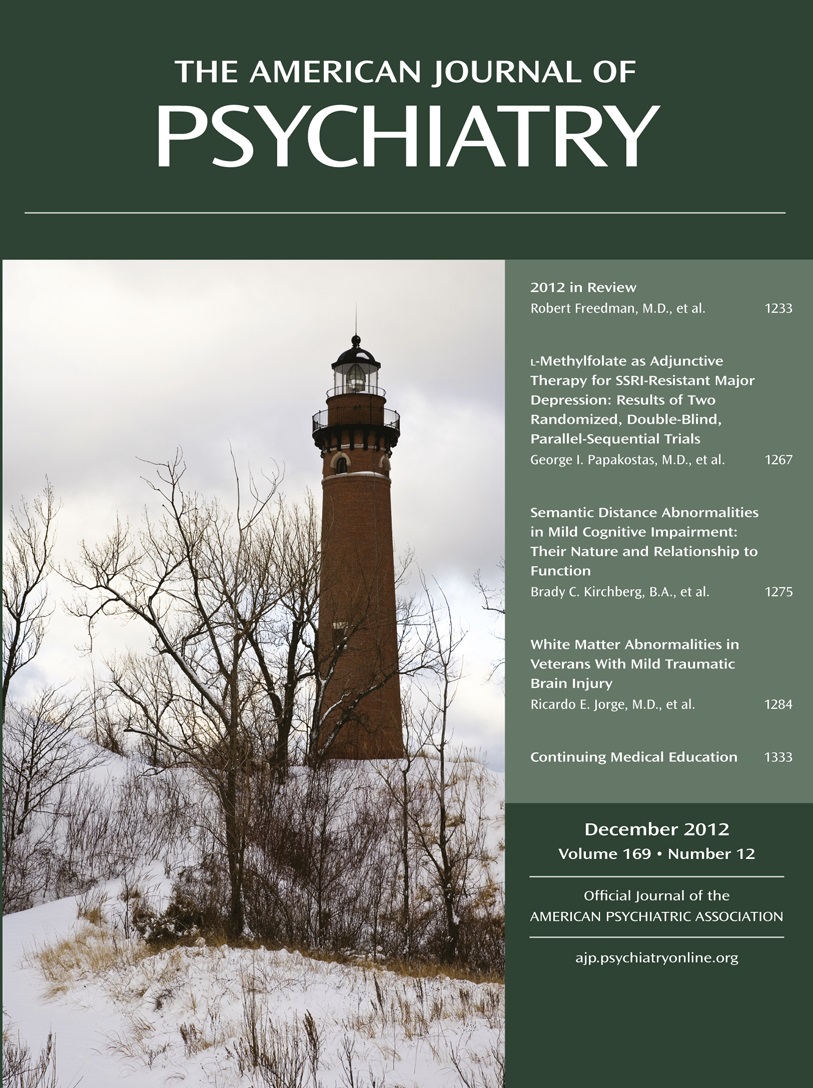When my colleague Javier Escobar, M.D., brought me to see his hometown of Medellin, Colombia, he took me first to the University of Antioquia, where he had gone to medical school before his emigration from Colombia to join departments of psychiatry at the University of Minnesota, UCLA, and now Rutgers. He showed me the School of Public Health, which had been founded by Hector Abad, M.D., a Colombian doctor who had also received his medical education at the University of Antioquia and then done his postgraduate work in Minnesota. He explained to me that during the political violence that had wracked Colombia, Abad had been assassinated as he spoke at the memorial of an assassinated younger colleague, also a human rights advocate, where the would-be assassins (likely paramilitary) knew he would be. In fact, as I would learn in the book, Abad carried the newspaper report of his name on a death list in his pocket when he was killed. I am particularly interested in understanding how our fellow physicians choose to act in such terrible times, when moral choices must be made, because I ask myself what choices I make and do not make and what consequences I am prepared to accept. This book was written by Abad’s only son, Héctor Abad-Faciolince, himself a well-known author. Although it begins as a son’s reminiscence of his father, written in the style of James Joyce’s Portrait of the Artist as a Young Man, it ends with the younger Abad comparing his choices to his father’s, asking himself the same questions.
When Abad had returned to Colombia from Minnesota, he was struck that the principal illness on the pediatric wards was starvation. The economic disparity that had developed between the native peoples of Colombia and the largely Spanish upper society had led to widespread poverty. How can we even be considered born equal, he taught, when children are born already below normal size to malnourished mothers? Doctors were being educated for the private practice of medicine for the wealthy few, when he believed that they should be documenting and ultimately protesting the medical effects of poverty. The medical profession shunned him, but he persisted, his most characteristic trait, until the University opened its first School of Public Health, with Dr. Abad as its first head. Abad, as his son points out, was a driven man, but also a genial and often naive man. In the course of his advocacy for public health, he was taken in by a sociopathic radical student, to whom he unwisely lent money. He openly espoused the socialism of North Korea for its self-avowed egalitarianism, even while he suspected that the communist regime itself was ruthlessly dictatorial.
At the age of 60, according to regulations, he was involuntarily retired from the University. He went home to tend his rose gardens, which still exist today. It was a peaceful time, and it gave him a sense of the course of his life, which was encapsulated in the poem Epitaph by Jorge Luis Borges, the other paper in his pocket at his death. “Although we are the oblivion we shall be … I think, with hope, of that man who will never know I walked the earth. Beneath the blue indifference of the heaven, I find this thought consoling.” Abad became convinced that the violence that maintained the class disparity in Colombia had now itself become Colombia’s principal cause of mortality and morbidity. He left the rose garden and forced his way back into the School of Public Health. He used his return to document deaths and injuries, and, as he once called for an end to hunger, he now unceasingly called for an end to violence.
It was of course inevitable that the violence grew, fueled by the equally strong conviction of others in society that it was a necessary and extraordinary means to quell an illegal, immoral hooliganism. Abad knew the consequences of his public stance, but he also made it clear that he did not wish to die, and he especially detested a violent death. Nonetheless, he remained oblivious to the warnings, convinced that his geniality and selfless intentions would continue to preserve him. Abad’s legacy was not entirely obliterated by his death. The School of Public Health remains vigorous. In a city where until recently breast augmentation was the most practiced medical procedure, there is still much to do, but it is now clearly being done, permitted by a dramatic improvement in security that followed the decline of narcoterrorism and paramilitary activities after the death of Pablo Escobar at the hands of a special army force assisted by our CIA and nurtured by the leadership of two progressive mayors that opened the city spaces to all citizens.
Javier Escobar brings a dozen U.S. medical students to Colombia every year to observe and to take part. The younger Abad, like my friend Javier, lived abroad. The book ends with his own reflections on the pain of living apart from one’s homeland, in order to preserve the wisdom that it will need when it begins to right its course.

